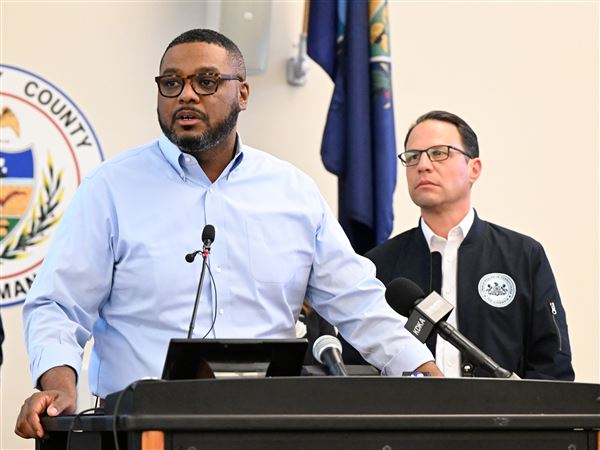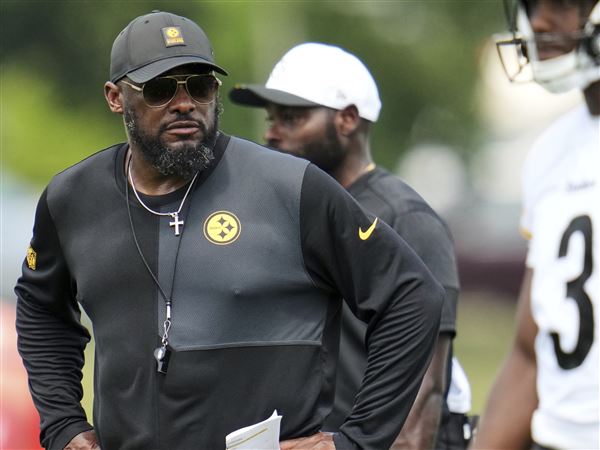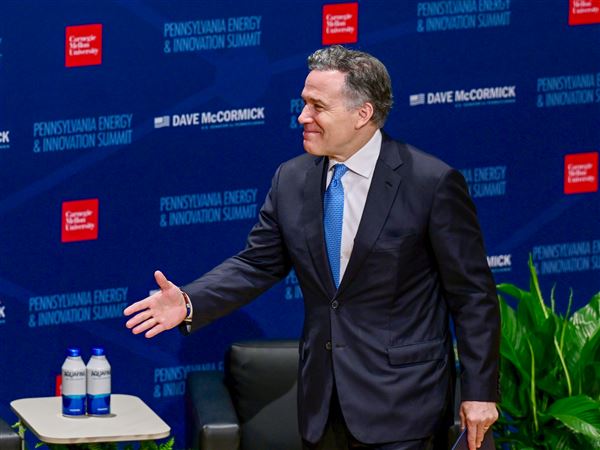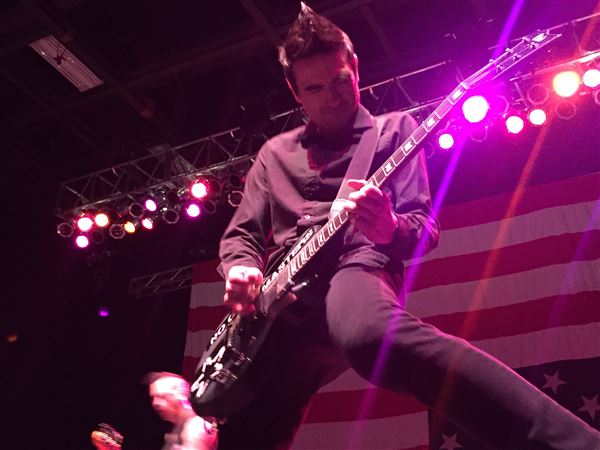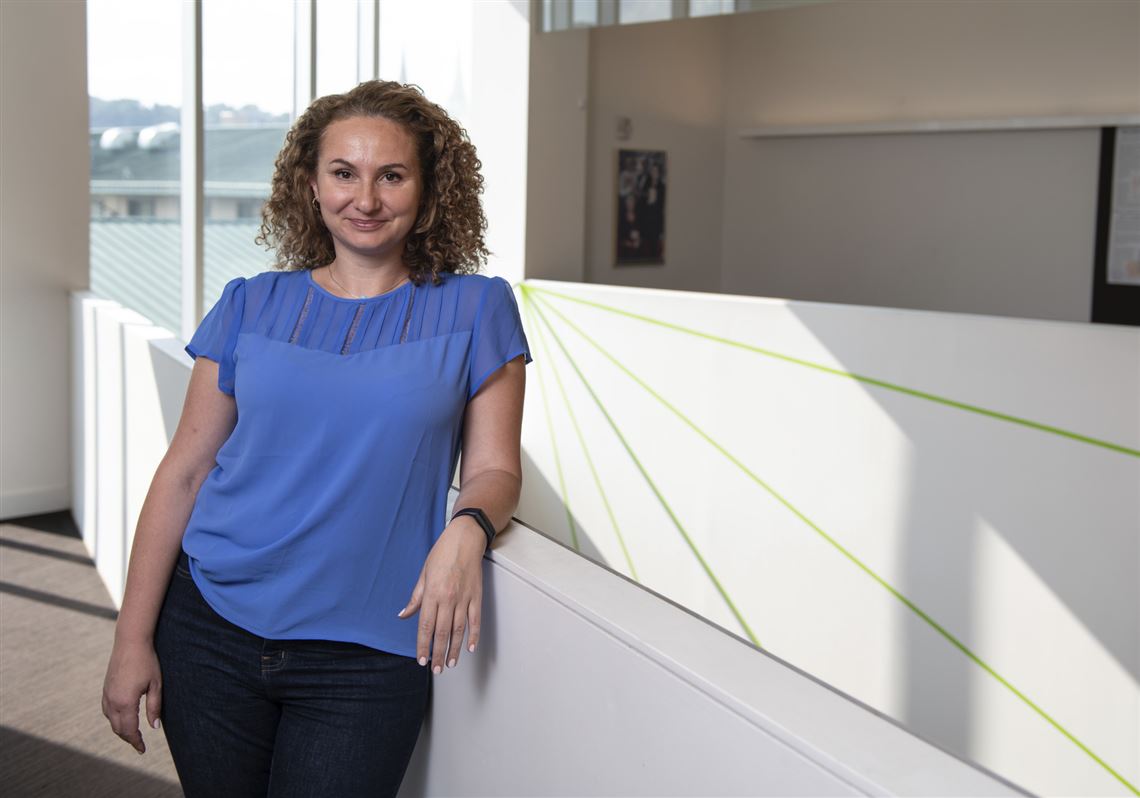Comedian-actor Aziz Ansari, who last year was accused of groping and harassment by an anonymous woman, may have gotten less slammed in the press than other powerful men accused of sexual harassment and assault, according to a Carnegie Mellon University analysis of #MeToo news coverage.
There are hidden meanings in the words that we choose, and language in the context of news stories can have a wide range of influence. The Carnegie Mellon computational analysis found that online stories about the #MeToo movement fell short of portraying women as empowered, even as they spoke up about their experiences. The analysis determined that accusers often were portrayed as sympathetic, but with less power and capacity to act independently than the people they’re calling out — high-profile men, including politicians, actors and producers.
In Mr. Ansari’s case, his accuser wasn’t portrayed as sympathetically.
“In stories about sexual assault, it is very important in how the case is described,” said the research team leader, Yulia Tsvetkov, assistant professor in the School of Computer Science’s Language Technologies Institute. “Our overall goal was to understand the way people operate in the media: the way we use language, how we portray people, how it affects our emotions, how we shape opinions,” she said. The Me Too campaign, first launched in 2007 to support victims of sexual abuse and assault, became a Twitter hashtag in 2017 and gave women a place to tell their stories.
The analysis found that the language used in news stories did not evoke power for the women, Ms. Tsvetkov said.
“The person is described as a victim or a survivor of sexual assault,” she said. The word “survivor” evokes more positive emotions and coping mechanisms, she said. “ ‘Victim’ evokes pity; ‘survivor’ evokes admiration.”
Her team used natural language processing techniques to examine #MeToo stories, including 27,602 articles published in 1,576 outlets. In another recent paper, the team looked at how different media outlets portrayed perpetrators and the role of third parties in news stories. Ms. Tsvetkov said researchers can use what is learned to build artificial intelligence tools for social and political scientists to analyze large volumes of texts in the future.
“We went through all the stories and saw how women were described,” she said. “Unfortunately, many times women lack agency and lack power and [have] the name of ‘victim’ rather than ‘survivor.’ ” The social science term “agency” refers to a person’s capacity to act independently.
People portrayed with the most positive sentiment in the #MeToo stories were not directly involved in the cases, but instead were activists, journalists and celebrities commenting on them, such as Oprah Winfrey and journalist Kara Swisher. The most negative portrayals were of men accused of sexual harassment, such as Harvey Weinstein and Bill Cosby.
In general, the analysis found politicians accused of sexual harassment, such as Roy Moore and Al Franken, were portrayed more positively than entertainment figures.
Breaking down language
The researchers used methods inspired by social psychology to break down the meaning of language into the three dimensions of power, sentiment and agency. In an article, power is how strong or weak a person appears to be; sentiment is how sympathetic they are and agency is how active they are.
By examining semantics and grammatical relationships — subject, verb and object — Ms. Tsvetkov said they were able to identify how the three dimensions related to the stories. They focused on stories from traditional news outlets, she said, not opinion or social media posts. Coverage by different news outlets were also compared, to identify bias.
The researchers developed a method to score the words in their context and mapped out the power, sentiment and agency of each actor within a news story.
Verbs reflect a subject’s agency, the assistant professor explained. Verbs can also imply that the subject or object of a sentence has power or that either one evokes sympathy.
“When we say ‘Batman apprehended the Joker,’ we can infer that Batman has high power, high sentiment and high agency,” she said.
“Deserve” is another word with power and agency, she said, as in: “The hero deserves appellation” and “The boy deserves punishment.” Ms. Tsvetkov said in those sentences, the hero has high sentiment; the boy has less sentiment and power.
In another sentence, however, such as “She amuses him,” the female has high agency, but the male has high power, Ms.Tsvetkov said. “It is subtle and intuitive. So it’s very hard to rationalize it computationally.”
Developing an algorithm for the analysis required asking human “annotators” not involved in the automated scoring method to see if they agreed with the decisions on power, etc., when looking at the sentences in a narrative setting.
“We ask them if the subject has higher power over the object,” she said, and if agreements are high, the method works.
“This is a statistical method; it’s not always 100 percent correct,” she said, adding that analyzing a large volume of texts gives better results, in contrast to individual sentences.
#MeToo goes viral
It happened that Ms. Tsvetkov was teaching an ethics class when the #MeToo articles started to appear.
“We discuss a lot about bias, specifically gender bias in language,” she said, adding that the work started as a course project led by doctoral student Anjalie Field, focusing on how to detect and develop intervention techniques in gender bias.
At the same time, #MeToo went viral. Women were telling stories and supporting each other online.
Then a new story bubbled up, with a different arc: In an interview published in January 2018 on Babe.net, a woman given the name Grace for the story, related an encounter with Mr. Ansari, describing his repeated sexual advances toward her during an evening in his apartment, where she said she repeatedly moved away from him, eventually leaving and in tears over her treatment. In texts to Grace and in a public statement, he apologized for his behavior, saying he thought the sexual activity was consensual. Public discussions of her allegations placed his behavior in a range from sexual misconduct to a date gone bad.
“The story was controversial,” Ms. Tsvetkov said, “before that, the #MeToo movement was clearly allegations against powerful persons that supported women. Ansari evoked a mixed reaction.”
The Carnegie Mellon group worked with 476 articles that mentioned Aziz Ansari and were published after the Babe.net story.
Ms. Tsvetkov said the first article evoked support for Grace, but then there was a backlash, criticizing her for her lack of agency. This was reflected in articles this year, in which Mr. Ansari was portrayed with language that gave him more power and agency. He was leading the discussion in interviews and his own comedy tour, with no mention of Grace.
The research using news articles continues, Ms. Tsvetkov said: “The goal of the research projects — machine learning to identify gender bias — would promote a more equitable society.”
For now, she said, the tools aren’t ready for release. There’s more work to be done, she said, including narratives of social groups, such as LGBTQ communities, and in different languages and cultures.
A followup study has used a similar method to raise an awareness of gender bias in stories about other people who were not survivors of sexual assault, It involved powerful men and women, in business and sports articles.
“Both men and women were described in positive sentiment, but women are given less power in how they are described in language,” she said. “When a woman is powerful and has high agency, she’s usually described as less sympathetic. People like her less. This is the very core of gender bias.”
Jill Daly: jdaly@post-gazette.com
First Published: September 1, 2019, 4:00 a.m.

